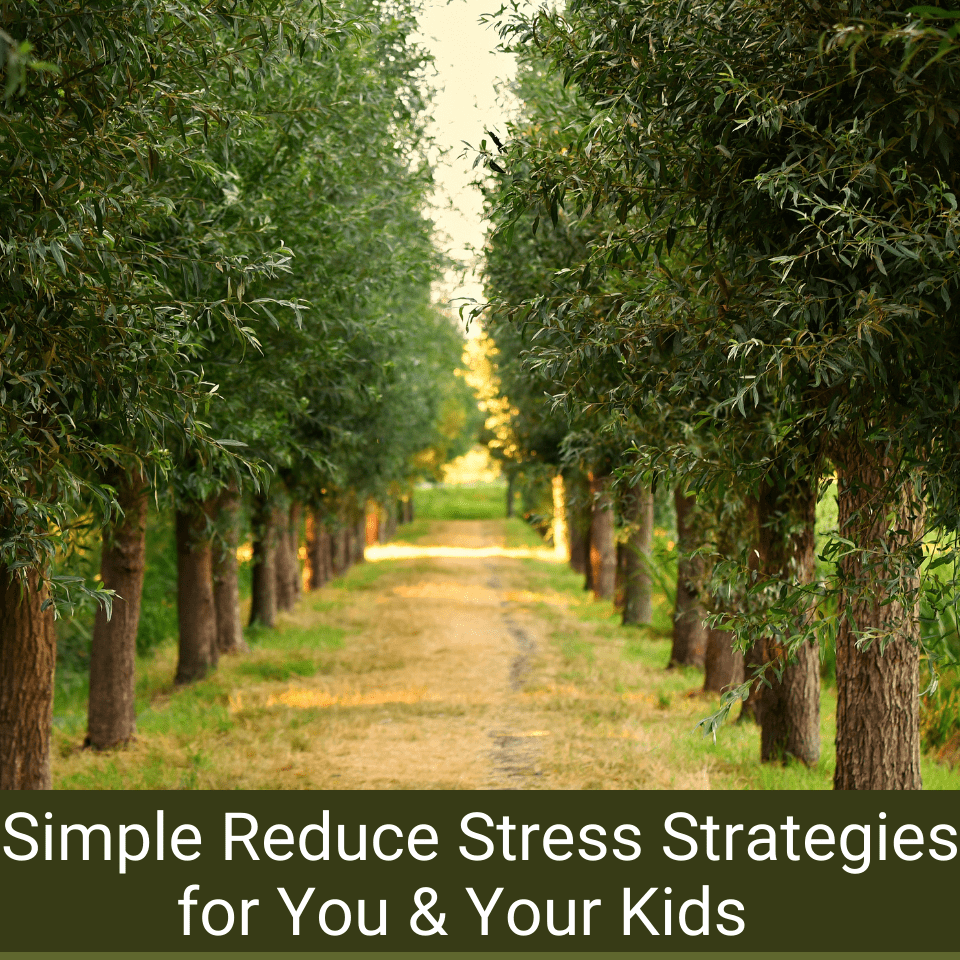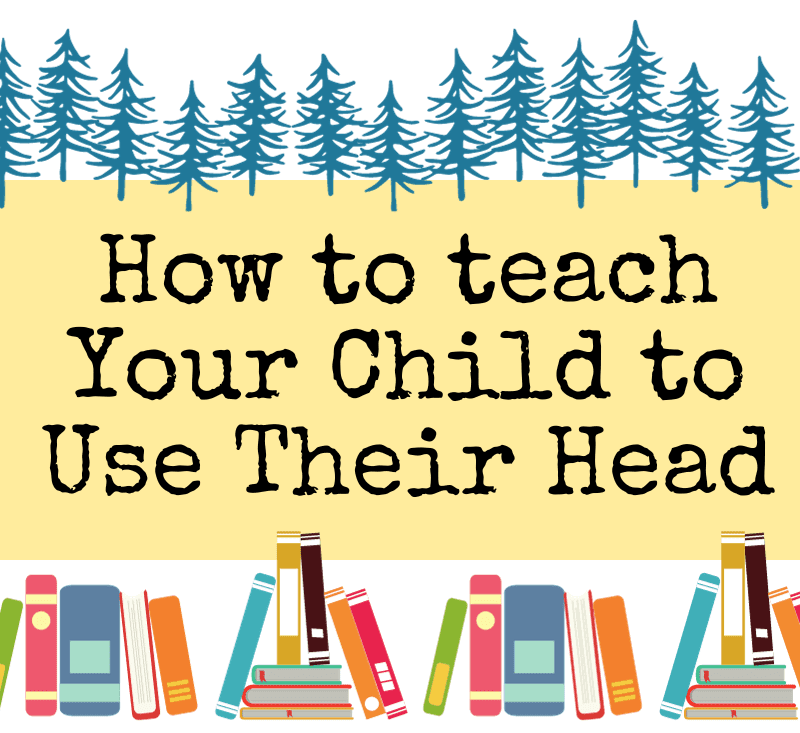When we look at our children we can easily think they don’t have any stress. We might say, “What possibly could they be stressed out about?” Kids have stress, just like us. It might look different, but they do, and knowing how to relieve it can be confusing for them, even for us adults. No wonder stress is the #1 cause of illness and ailments. Reduce stress strategies are sure to help. You may be surprised at what you find out!

Who is Stress?

Think of it this way, whenever we have something important to us get compromised or threatened, ‘Stress’ comes to visit. Let me refer to stress as a person for a second, Mr. Stress. When things don’t go according to our plan, Mr. Stress welcomes himself into our home. When there are projects and deadlines to be met Mr. Stress sees an opportunity to break-in and steal. Hear me out, projects and deadlines aren’t bad, they’re actually super good, what is bad are the distractions that keep us from achieving those goals. And it’s the distractions, when not managed well, that act as precursors to our foe, Mr. Stress.
Mr. Stress can cause memory issues, sore throats, and digestive tracts havoc to name a few. That’s only a few headaches he causes. What happens at this moment is that Mr. Stress wakes up a hormone in our body called cortisol. Cortisol is the ‘bad stress hormone’. So what do we do?
Awareness is critical
Ralph Waldo Emerson said, “Nobody can bring you peace but yourself.” The very first step to ignoring Mr. Stress is to be aware of his triggers. This year I was on a quest to destroy my cortisol feeders. Awareness helps us recognize the cord before it is struck. With awareness, we will then know what circumstance to avoid or to mentally prepare for. On a personal level, I needed to kick Mr. Stress out, so my plan was to simply pay attention to the little things, because the little things add up, and then do something about them. Be sure to check out this post on: How to Reduce Stress in Your Life: 10 Breakthrough Tips

4 discoveries that fed my killjoy
- The step-counters. At first, I found it curious. But then it became an obsession. I had to reach my 10,000 steps or it wasn’t a good day. This equaled a DISTRACTION for me. My fix? I took it off and just made a mental note of how much I walked.
- Social Media. “I’ll just check it”, then 45 minutes later I’m like “What just happened?” Another DISTRACTION. My fix? I set a timer or don’t check it at all.
- My purse. Wow, this was stressing me out. My purse was awkward on my shoulder. It was too slippery…yes, slippery. Too HEAVY! Not organized. Weird zipper. I had no idea how much of a DISTRACTION my purse was. My fix? I changed my purse.

- Paper Clutter. I enjoy a clean countertop. What took up the most real estate on my counter was paper. Junk mail, receipts, sticky notes, magazines, old homework, sale ads, and newspapers were piling up. This was not only a DISTRACTION but a stress bomb. My fix? I got a recycling bin and an organization station.

Tasks are done, stress is gone, or is it?
When the big “tasks” are complete, cortisol levels go back to normal. Everything is fine, right? Not necessarily. Think of a wave approaching the shore. When a wave breaks how does it hit the beach? It crashes. Sand and shells stir and water splashes. It takes time for the water to settle and be calm. Like an ocean, the wave of cortisol might be gone, but our bodies take a lot longer to recover. How do we fix this?

4 reduce stress strategies
1. Set a daily routine.
Routines help reduce anxiety, we sleep better, and we are more productive. Let your kids write down what they would like their routine to look like. You can compromise with them to give them a little responsibility and to show trust. Here is a guide to help you and your child achieve their daily goals!

2. Make a daily to-do list
A ‘daily to-do list’ that includes errands and simple things like laundry and walking the dog helps your kid have purpose and importance. Having a to-do list is another great habit to teach your kids. It helps them see what they need to do, and then feel that amazing gratification when it’s time to cross it off the list!
3. Reduce Stress Strategies: Get outside
Getting outside every day for at least 20 minutes does wonders for our mental well-being. This is harder for us parents, but it teaches our kids that nature is their friend. As a parent, force yourself to get outside, even better you’re your kids. Show them how important it is to connect with nature.
4. Know what’s going on in their minds
Cut out (as much as possible) disturbing TV shows and movies, even the news. We know bad stuff is out there, but we don’t need to be reminded of it day and night. News especially freaks kids out. A friend of mine loves the news, however, she had it on all day. She also has two kids who were around the news. As time went on, the kids got afraid to go outside and play.
Reduce stress strategies come into play with what’s on the screen. A big tip is for our kiddos to watch what is right for their maturity level. For our kiddos and TV shows, be wise with what they watch. Their brains aren’t developed to determine what is real or fake. Even if you say, it’s fake, seeing is believing. So unless you can show them how they make movies, keep to the ‘G’ or ‘PG’ ratings, and turn the news off! I highly recommend Protect Young Eyes to help protect our kids.

Wrapping up reduce stress strategies
Putting into practice the right stress strategies takes time. You need to get to know yourself and your kids on a personal level. What makes you/them tick? Taking charge of your stress needs awareness and self-discipline. You got this. Here’s another post about stress you may find helpful: 5 Stress Fighters That Most People Forget About

By CT Copyright © 2022 More Than Existence All Rights Reserved.


